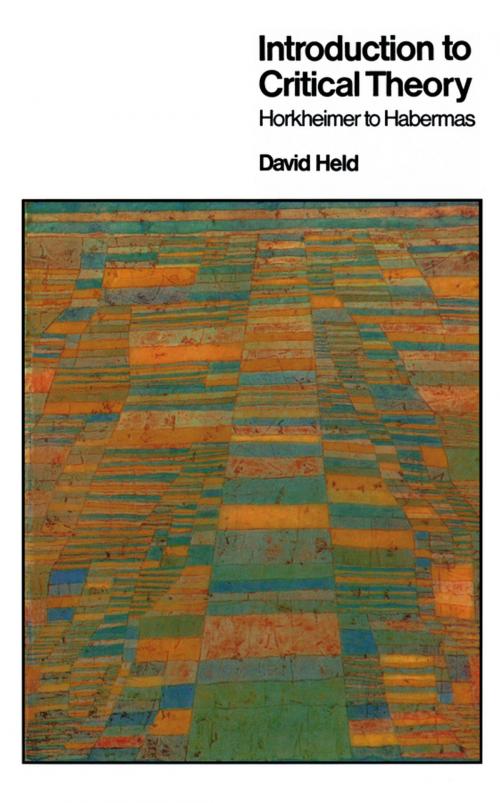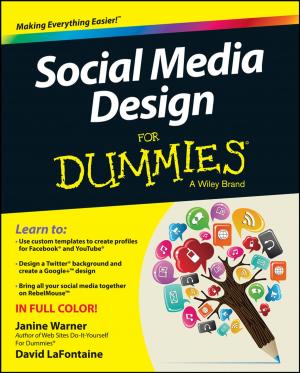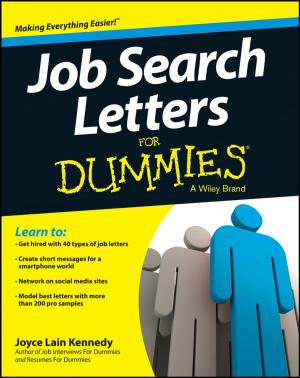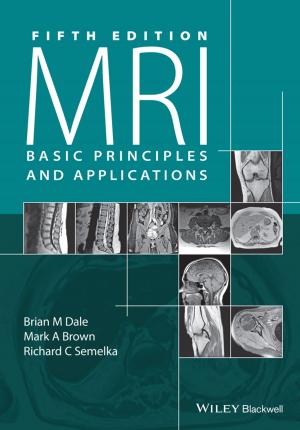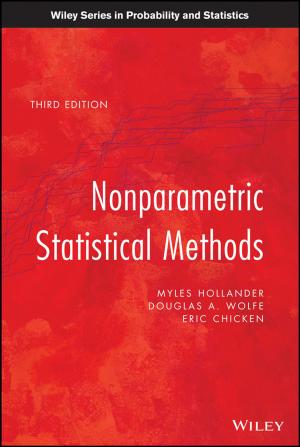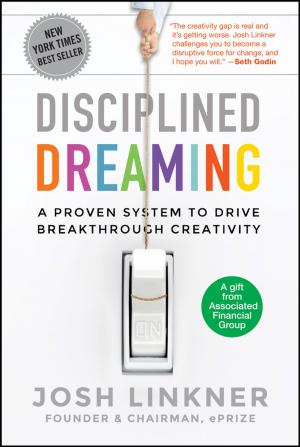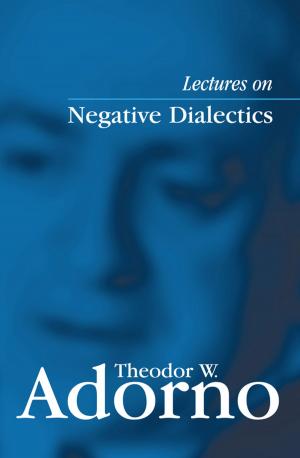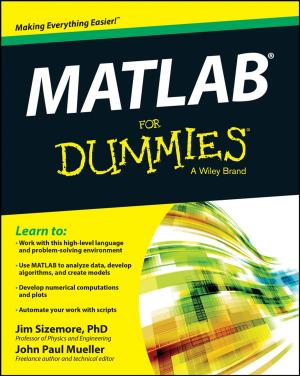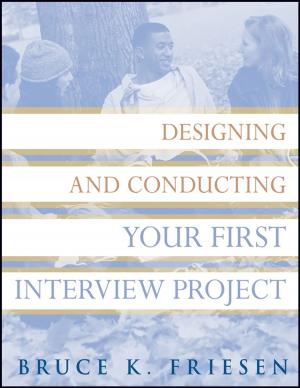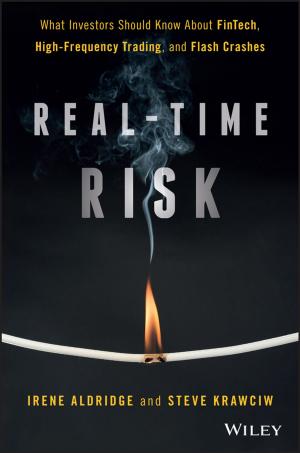Introduction to Critical Theory
Horkheimer to Habermas
Nonfiction, Religion & Spirituality, Philosophy| Author: | David Held | ISBN: | 9780745668390 |
| Publisher: | Wiley | Publication: | May 2, 2013 |
| Imprint: | Polity | Language: | English |
| Author: | David Held |
| ISBN: | 9780745668390 |
| Publisher: | Wiley |
| Publication: | May 2, 2013 |
| Imprint: | Polity |
| Language: | English |
The writings of the Frankfurt school, in particular of Horkheimer, Adorno, Marcuse, and Jurgen Habermas, caught the imagination of the radical movements of the 1960s and 1970s and became a key element in the Marxism of the New Left.
Partly due to their rise to prominence during the political turmoil of the 1960s, the work of these critical theorists has been the subject of continuing controversy in both political and academic circles. However, their ideas are frequently misunderstood.
In this major work, now available from Polity Press, David Held presents a much-needed introduction to, and evaluation of, critical theory. Some of the major themes he considers are critical theory's relation to Marx's critique of political economy, Freudian psychoanalysis, aesthetics and the philosophy of history. There is also an extended discussion of critical theory's substantive contribution to the analysis of capitalism, culture, the family, the individual, as well as its contribution to epistemology and methodology.
The writings of the Frankfurt school, in particular of Horkheimer, Adorno, Marcuse, and Jurgen Habermas, caught the imagination of the radical movements of the 1960s and 1970s and became a key element in the Marxism of the New Left.
Partly due to their rise to prominence during the political turmoil of the 1960s, the work of these critical theorists has been the subject of continuing controversy in both political and academic circles. However, their ideas are frequently misunderstood.
In this major work, now available from Polity Press, David Held presents a much-needed introduction to, and evaluation of, critical theory. Some of the major themes he considers are critical theory's relation to Marx's critique of political economy, Freudian psychoanalysis, aesthetics and the philosophy of history. There is also an extended discussion of critical theory's substantive contribution to the analysis of capitalism, culture, the family, the individual, as well as its contribution to epistemology and methodology.
